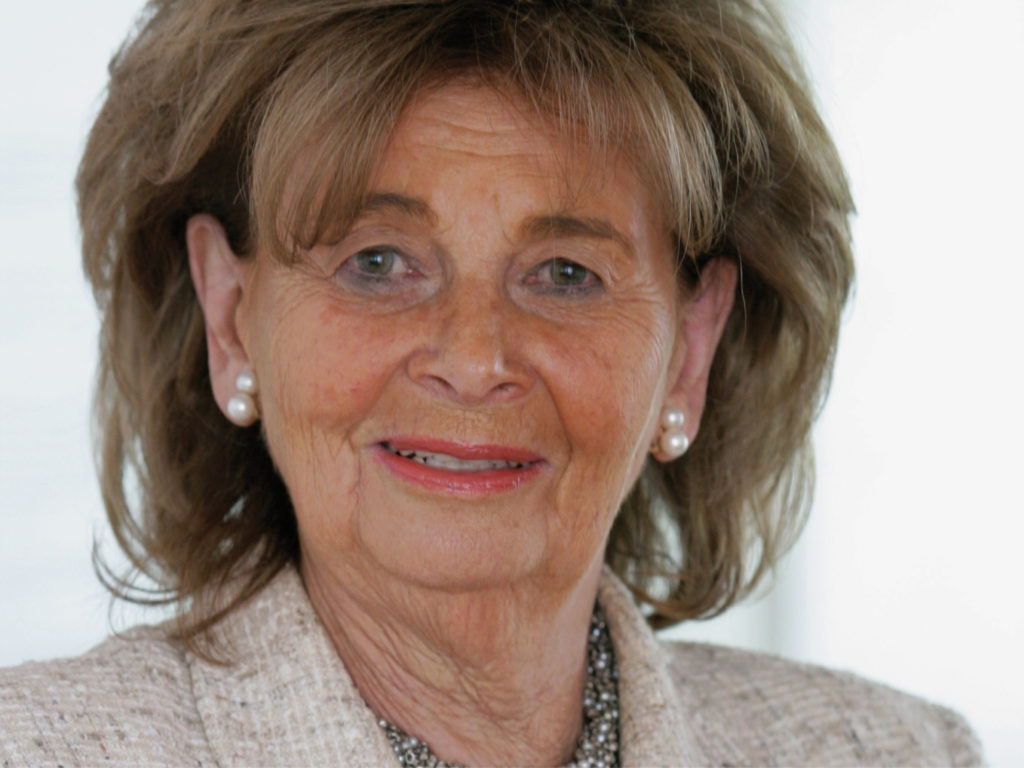Reunification at 30
The evening that was so formative for contemporary German history wasn’t a happy one for me at first. November 9, 1989, started out as a day of mourning and remembrance of the pogroms in 1938. East Berlin was very far away for me at the time, and I didn’t know yet that later that evening, a few careless remarks by Günter Schabowski would usher in a new era, including for Jewish life in Germany.
German reunification brought far-reaching change, and the situation of the Jewish community was no exception. Important sites of German Jewish history came back into view: Places like Dessau, Halberstadt, Leipzig, and of course Berlin could now reconnect with their Jewish heritage in some ways. But above all, a handful of small, barely visible, and rapidly aging congregations in the former West Germany grew in just barely a decade to become one of the largest, most diverse, and most innovative Jewish communities anywhere in Europe. The wave of immigration put Jewish life at the heart of society; growing together and development were key concepts in the 1990s, including in the Jewish community.
There were countless success stories in the process. Just like in the majority society, though, there are still unfinished projects and things that need work in the Jewish community today, 30 years after reunification; finishing that work will be up to future generations. While the large congregations flourish and thrive, the smaller ones, as they shape the image in the new federal states, must fight every day for their structures. There are still places that lack a synagogue or community center, and the Halle attack exposed the growing security problem. That’s especially true today, with AfD posing a risk to Jewish life everywhere in Germany.
The Jewish community, whether previous members or those who came after 1990, has had a hand in writing reunified Germany’s history. But it also needs to have a future in their country. Whether that means Munich, Münster, or Magdeburg: Jewish life has not yet reached a state of normalcy; we might have unpacked our proverbial suitcases, but they’re still within reach. Today, 30 years after reunification, there’s still a lot to do in this area.

Charlotte Knobloch was born in Munich in 1932. She survived the Holocaust under a false identity on a farm in Franconia, returning to Munich in 1945. She has been the president of the Jewish Community of Munich and Upper Bavaria since 1985. She served as the president of the Central Council of Jews in Germany from 2006 until 2010 and has been the Holocaust Memory Commissioner of the World Jewish Congress since 2013.